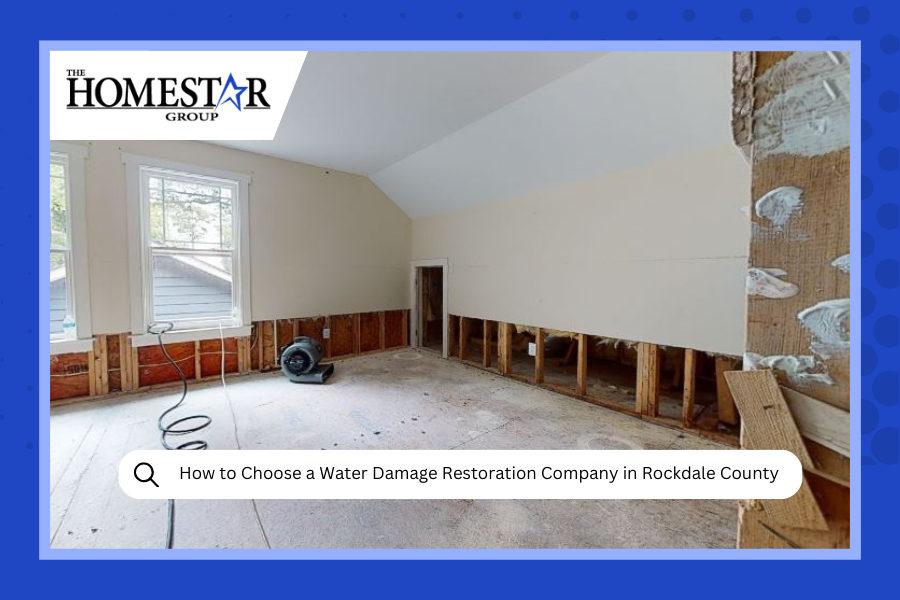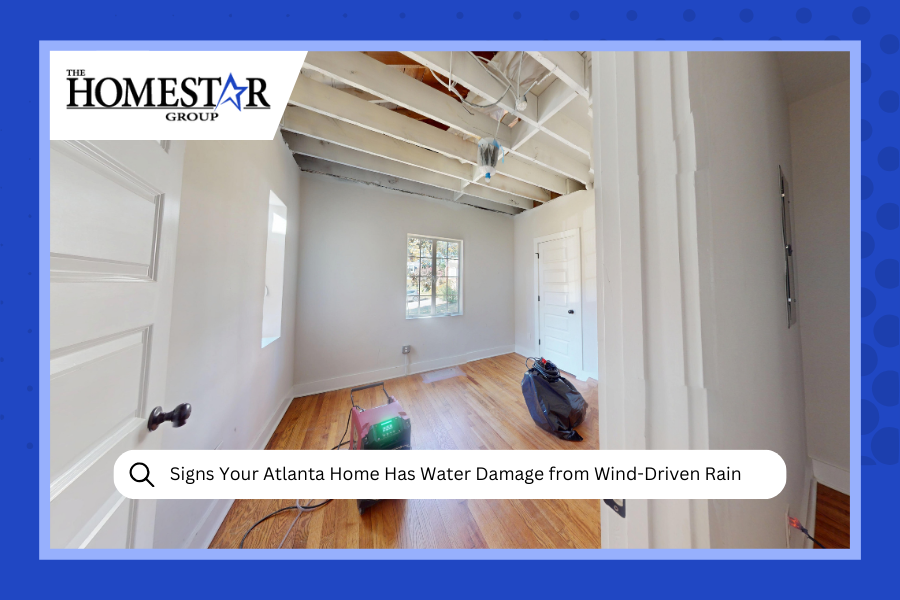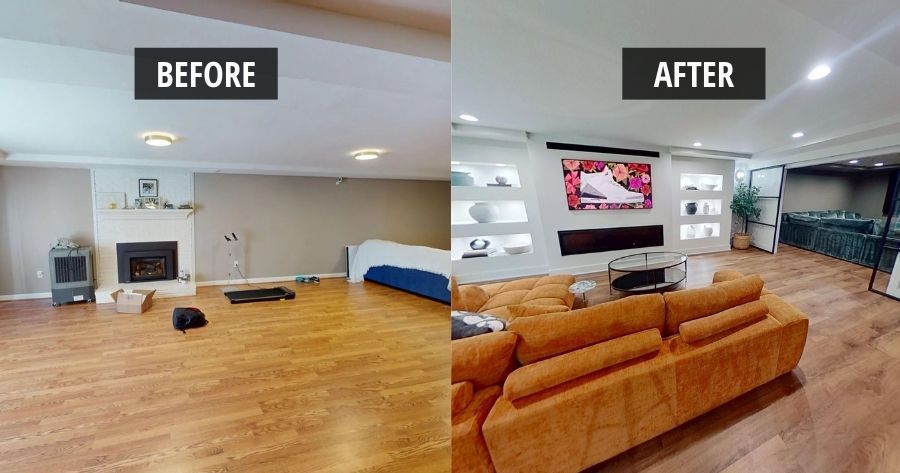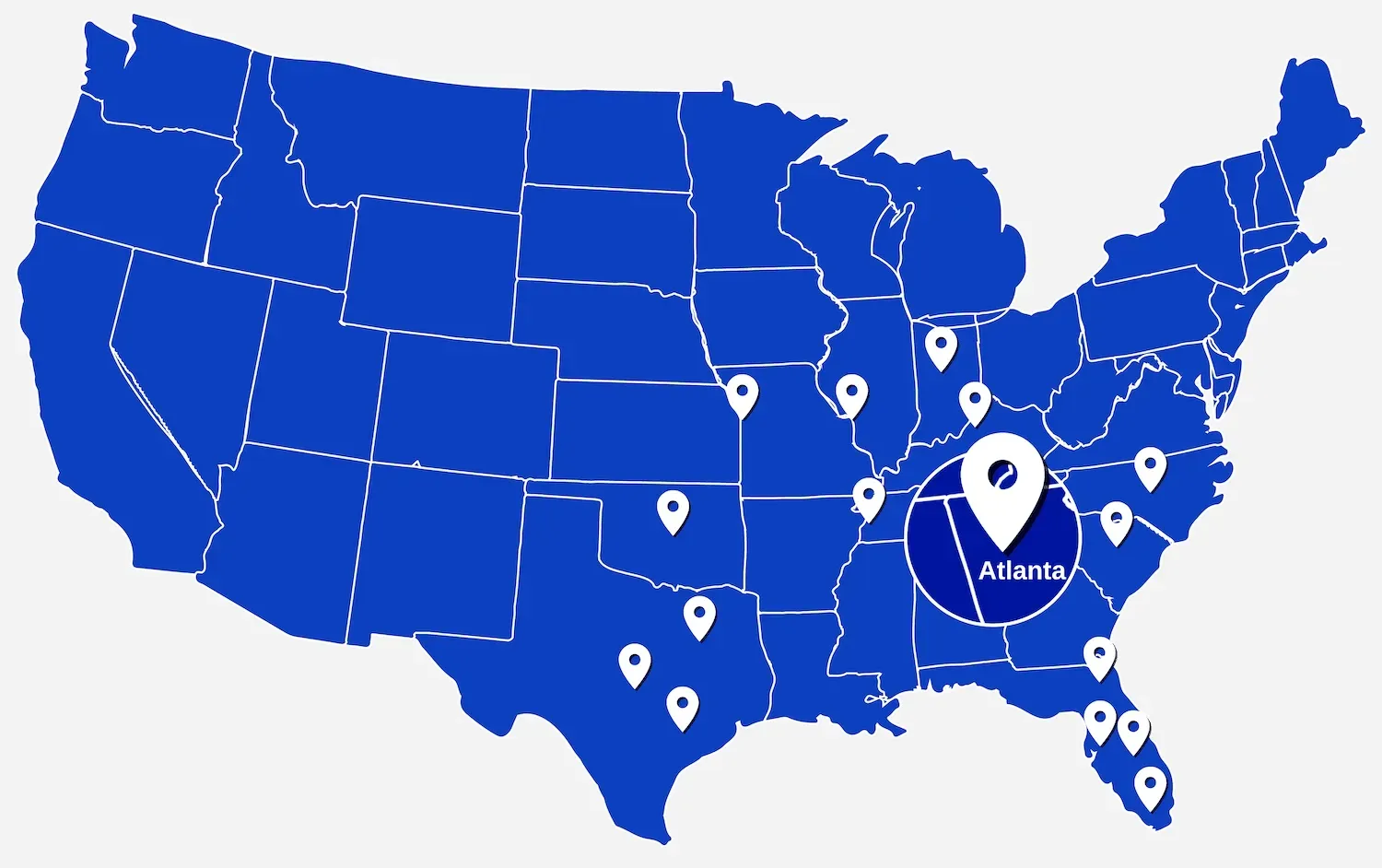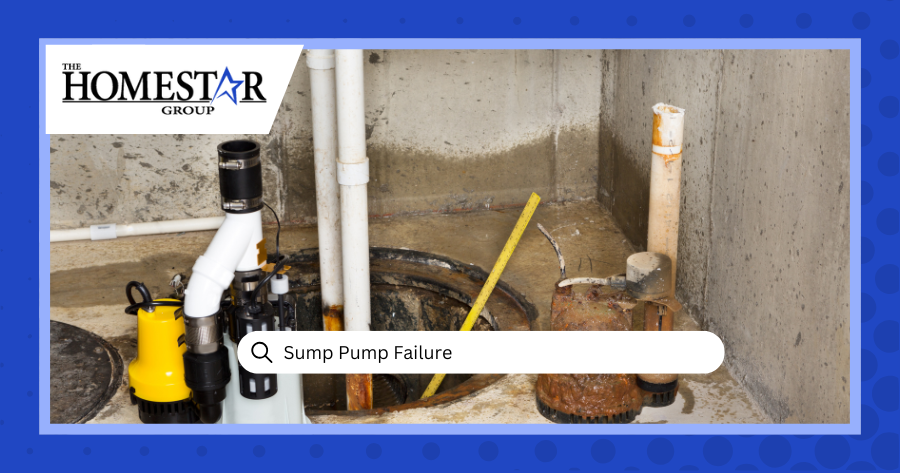
Sump Pump Water Damage: What Every Atlanta Homeowner Needs to Know
If you live in Atlanta, for example, a sump pump is one of the most important pieces of equipment in your basement. It quietly works behind the scenes to move excess groundwater away from your foundation. But what happens when it stops working? Sump pump water damage can hit fast and hard. We often see sump pump failures show up during storms or power outages, leading to everything from soaked carpets to structural problems. This is especially common in basements and crawl spaces, where drainage is already a challenge. It's also one of the leading causes of issues that require flood damage restoration Atlanta services.
Common Sump Pump Problems That Lead to Water Damage
Not all sump pump failures happen without warning. Many start with minor issues that grow worse over time. Below are some of the most common problems we see that lead to sump pump water damage in basements and crawl spaces.
Power Failures
Most sump pumps rely on your home's electrical system. When a strong storm rolls in, often the exact time you need your pump most, it's not unusual for the power to go out. If your pump doesn't have a backup power source, it shuts off completely, allowing water to rise quickly and cause flooding. That's why we recommend installing a battery backup or generator, especially in areas where heavy rains and summer storms are common.
Clogs in the Discharge Line
The discharge line carries water away from your home once it's pumped out of the sump basin. Over time, these pipes can become clogged with dirt, gravel, leaves, or even frozen water in colder months. When the line is blocked, the water has nowhere to go, which can cause it to back up into your basement. A clogged discharge line often goes unnoticed until it's too late, making it one of the sneakier causes of basement water damage.
Stuck or Faulty Float Switch
The float switch is what tells your pump when to turn on and off based on the water level in the basin. If the float gets stuck, tangled, or wears out, it can prevent the pump from activating, even as water rises dangerously close to the floor level. Alternatively, a faulty float may cause your pump to cycle on and off repeatedly, wearing it down and eventually leading to failure. This is a common issue we find during inspections.
Old or Overworked Pumps
Sump pumps aren't built to last forever. Most have a lifespan of 7 to 10 years. If your unit is near that age, or if it's constantly running due to high groundwater or poor drainage, it may be close to burning out. An aging pump is more prone to sudden breakdowns, slower operation, and inability to keep up during major storms. If your pump runs constantly or you hear it straining, it might be time to consider a replacement before it fails completely.
Improper Installation
If your sump pump wasn't installed correctly, it can struggle from the start. Common mistakes include using the wrong pump size for the space, placing the pump in a poorly graded pit, or failing to seal and position the discharge line properly. Improper installation limits how efficiently the pump moves water and can also shorten its lifespan. In some cases, homeowners discover these issues only after they've already experienced water damage.
Warning Signs of a Failing Sump Pump
If you know what to look for, you can catch a failing pump before it causes major damage. Early signs of water damage, like musty odors, bubbling paint, or damp carpet, can start showing up even if the pump hasn't completely stopped working. These symptoms are easy to overlook, especially in basements or crawl spaces you don't check often. Look for:
- Strange Noises: Grinding or rattling may point to a damaged impeller or motor.
- Frequent Cycling: If your pump turns on and off too often, it could be a sign of a wiring or float issue.
- Visible Water: Water pooling near the sump pit or spreading across the floor means the pump isn't keeping up.
- Bad Smells: Standing water can lead to mold or mildew, which produces a musty odor.
One question we often get is, "Why does my sump pump keep running when it hasn't rained?" In many cases, this happens when the float is stuck or there's a plumbing issue dumping water into the pit.
Maintenance Tips to Avoid Sump Pump Water Damage
A little routine maintenance goes a long way toward preventing water damage from sump pump failure:
- Inspect Your Pump Every Few Months: Check for debris, test the float switch, and make sure the pump is standing upright in the pit.
- Clean the Discharge Line: Clear out any blockages to keep water flowing out freely.
- Install a Battery Backup: This gives you peace of mind during power outages; your pump will keep running even if the lights go out.
- Consider a Professional Checkup Before Storm Season: A quick inspection from a technician can catch problems early, especially if your area has a high water table or frequent rain.
Why Homeowners in Atlanta Choose The Homestar Group
At The Homestar Group, we’ve helped homeowners across Atlanta recover from the damage sump pump failures can leave behind. When a basement floods, time matters. Our team responds quickly to extract standing water, dry out the affected areas, and prevent long-term issues like mold or structural damage.
We handle everything from water removal and dehumidification to full structural drying and cleanup. Our technicians know how to assess hidden moisture behind walls, under flooring, and in crawl spaces, because missing even a little water can lead to big problems later. Whether the damage is minor or severe, we're here to help you restore your home safely and completely.
Don’t Wait Until It Floods - Call Us Today
If your sump pump is making noises, failing to start, or you've already got water in the basement, don't wait. Our team at The Homestar Group is here to help with sump pump water damage restoration in Atlanta and surrounding areas.
Call us at (678) 928-5377 or
fill out an online form on our website to schedule a visit or get help fast.

Jeremy York is the owner of The Homestar Group, bringing over 15 years of experience in the water and fire damage restoration industry to homeowners and businesses throughout the Atlanta metro area. Under his leadership, The Homestar Group has built a reputation for reliable 24/7 emergency response and professional restoration services backed by IICRC certification. Jeremy is committed to serving the local community and takes pride in helping families and business owners recover from unexpected disasters. His hands-on approach ensures every customer receives the care and attention they deserve during challenging times.

